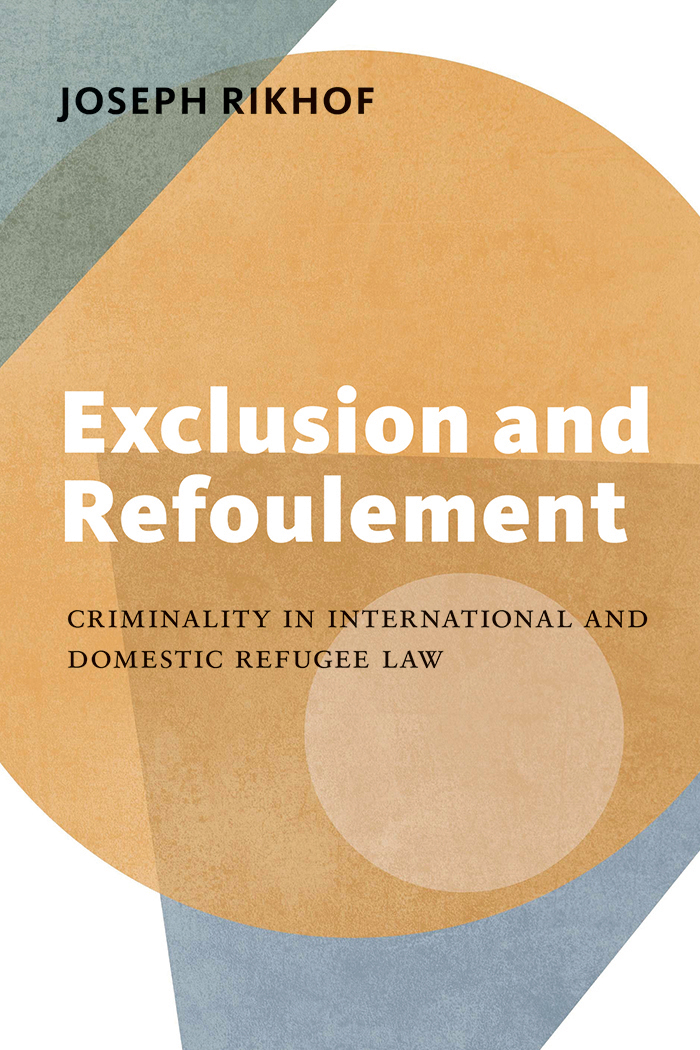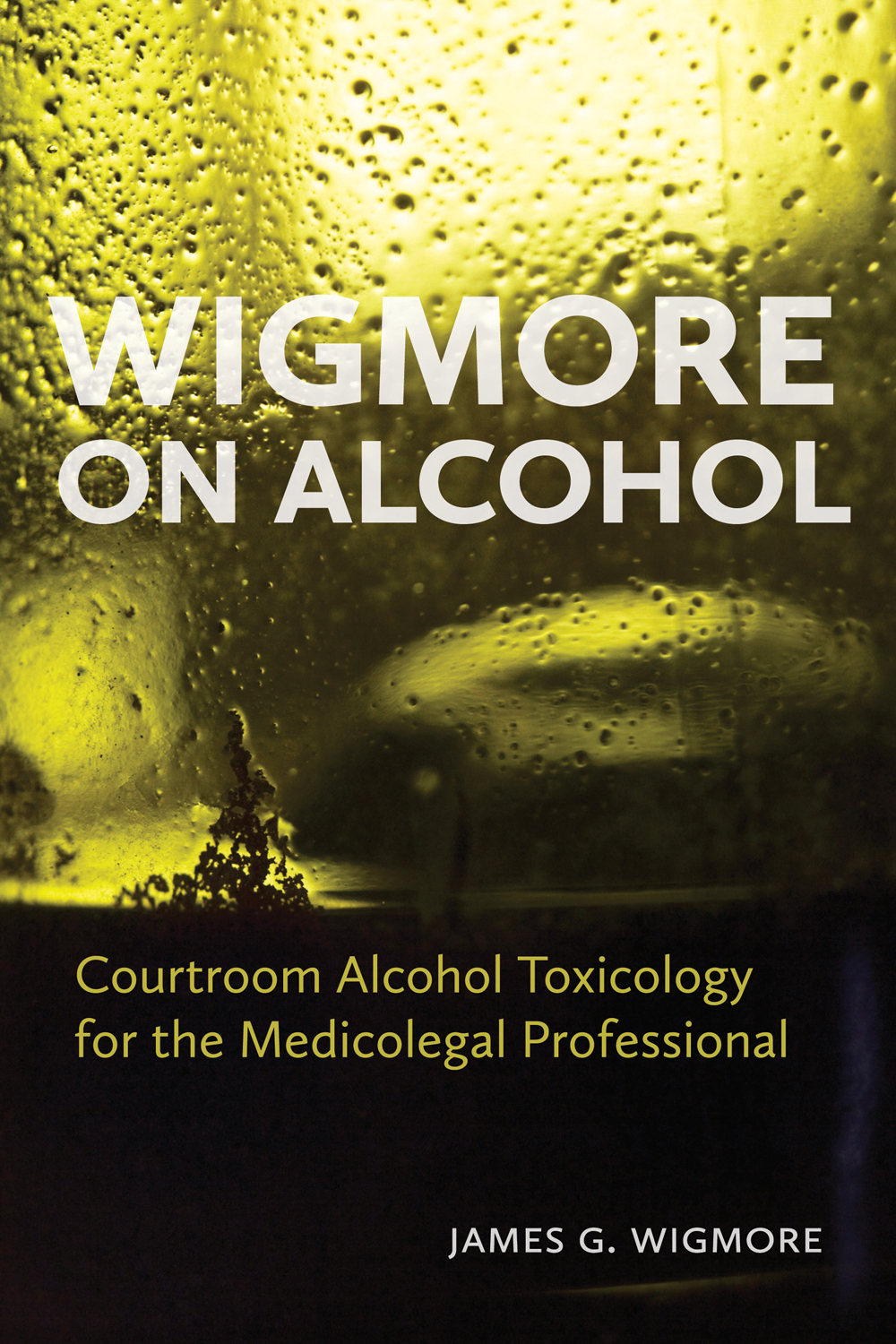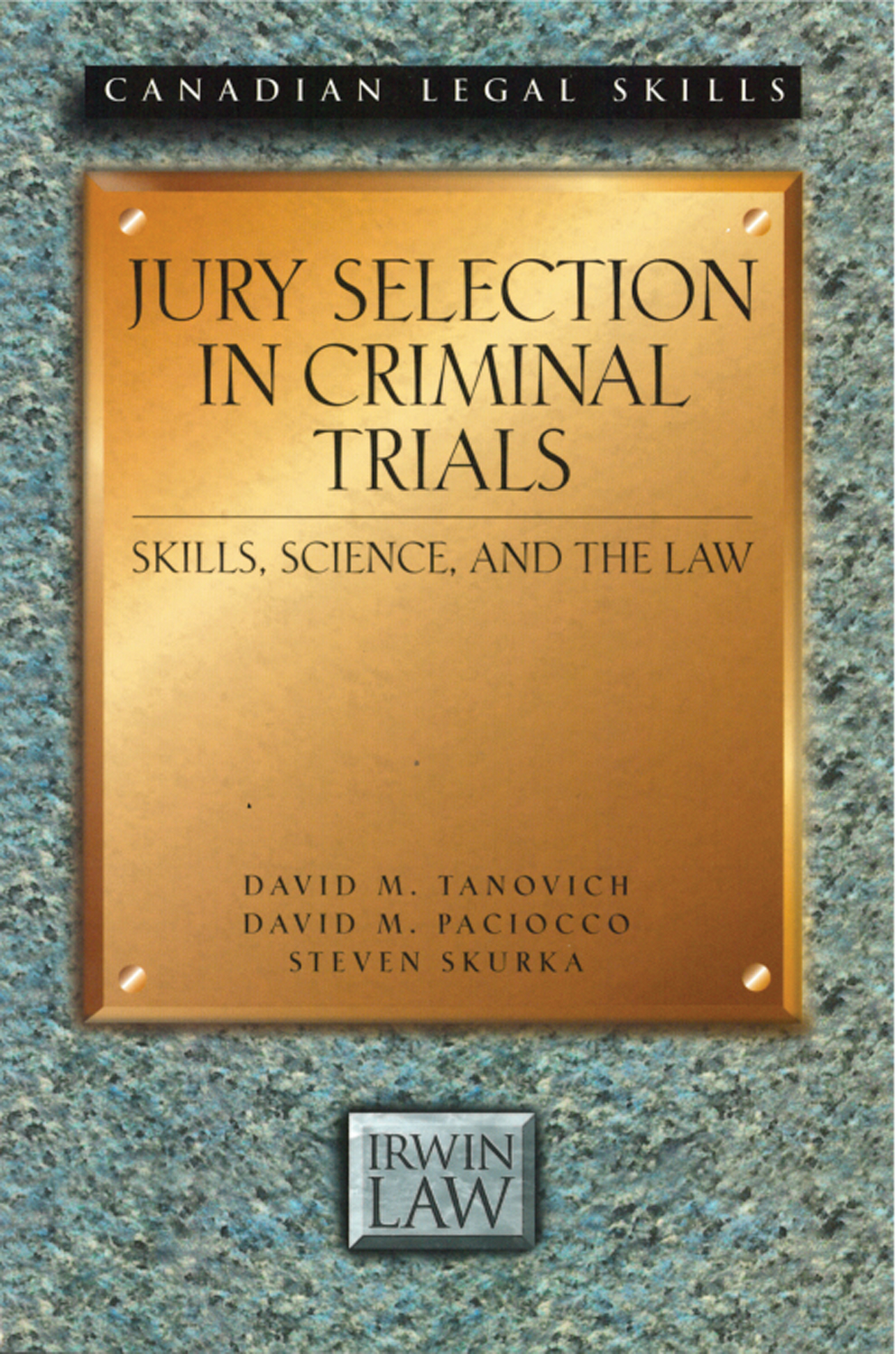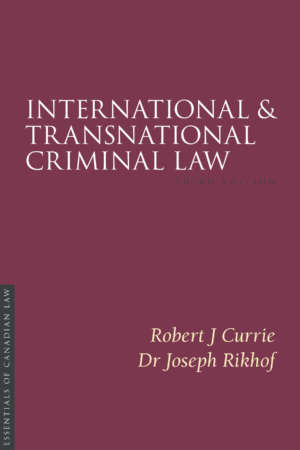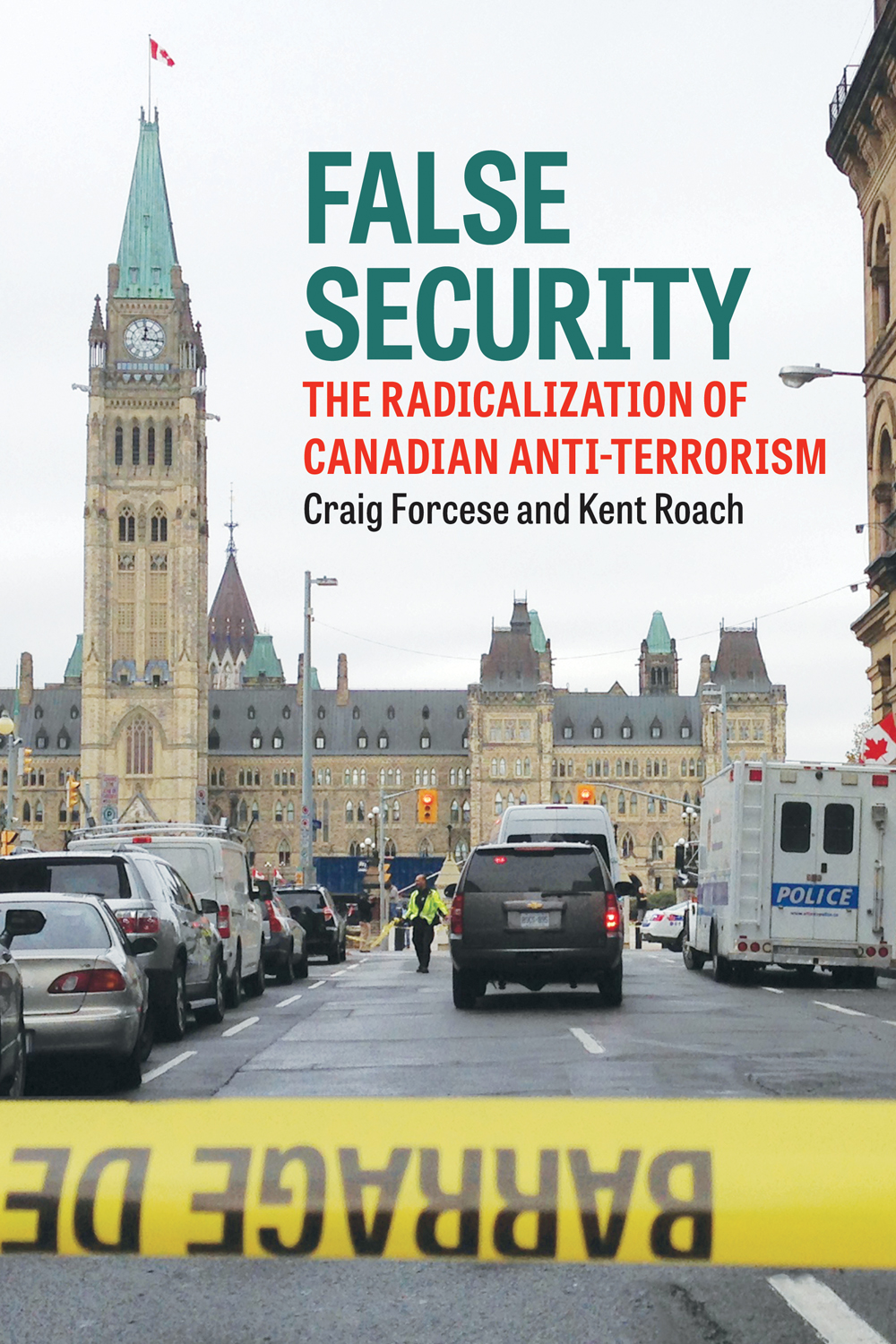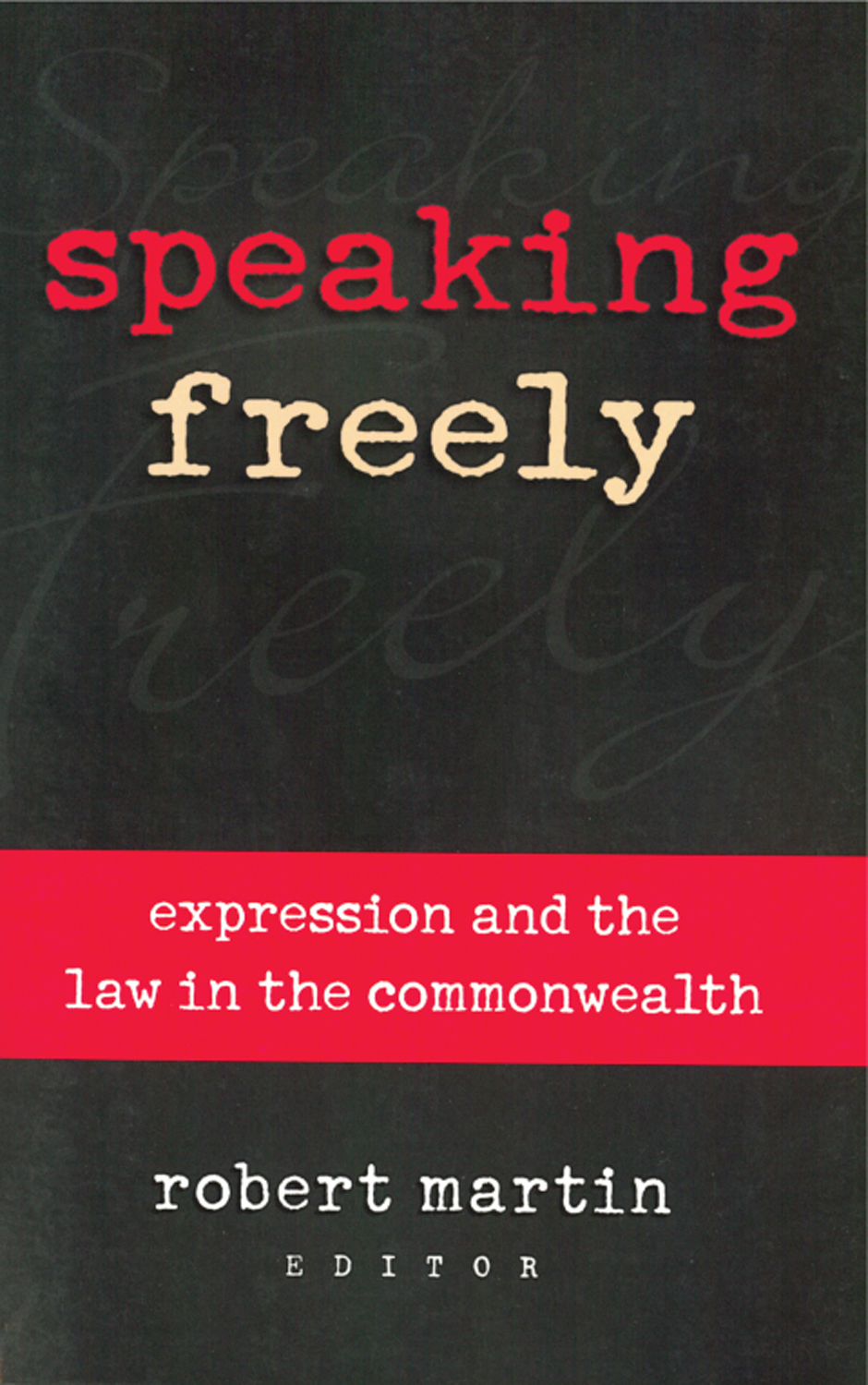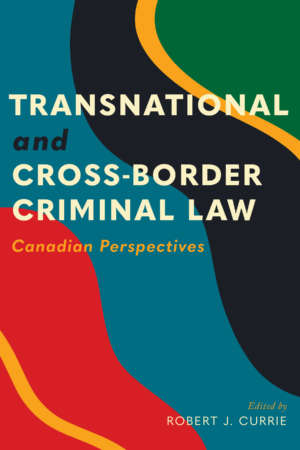Product Description
After the Second World War, human rights law became entrenched in legal discourse as demonstrated by a proliferation of human rights treaties. While the right of asylum was recognized as a fundamental right in the Universal Declaration of Human Rights, it has never been an absolute right but instead has been restricted in various ways — most significantly, that asylum should not be conferred on criminals and that refugees with a criminal background could be removed from the country of refuge.
Exclusion and Refoulement: Criminality in International and Domestic Refugee Law examines the legislative instruments at the international and domestic levels as well as the extensive jurisprudence emanating from these instruments, which has attempted to balance the right of asylum for an individual versus the state of refuge to restrict this right in situations of criminality.
Foreword by Professor David Cantor
Foreword by Luke Morton
Preface to the Second Book
Preface to the First Book
Chapter 1: Introduction
Chapter 2: A Legal History of Human Rights and Asylum
Chapter 3: Exclusion — Introduction and 1F(a) Crimes
Chapter 4: Exclusion — 1F(a) Extended Liability, Defences, and Child Soldiers
Chapter 5: Exclusion — 1F(b) and 1F(c)
Chapter 6: Refoulement
Chapter 7: Alternatives to Refoulement
Chapter 8: Conclusion
Bibliography
Table of Cases
Index
About the Author
“The new edition of Exclusion and Refoulement will be a point of reference for both scholars and practitioners working on refugee law and, particularly, its intersection with concerns about criminality. Its detailed and useful commentary on the article 1F exclusion provisions, on non-refoulement rules in refugee and human rights law and on alternatives to refoulement is balanced by a sense of connection to wider debates in our legal field. However, it also pushes us to ask more searching questions about who “deserves” refugee status; what constitutes refugee law as a field and where do its boundaries lie; and what the moral, legal and practical implications of excluding people from refugee status on grounds of actual or suspected criminality.”
Professor David Cantor, Refugee Law Initiative, University of London

